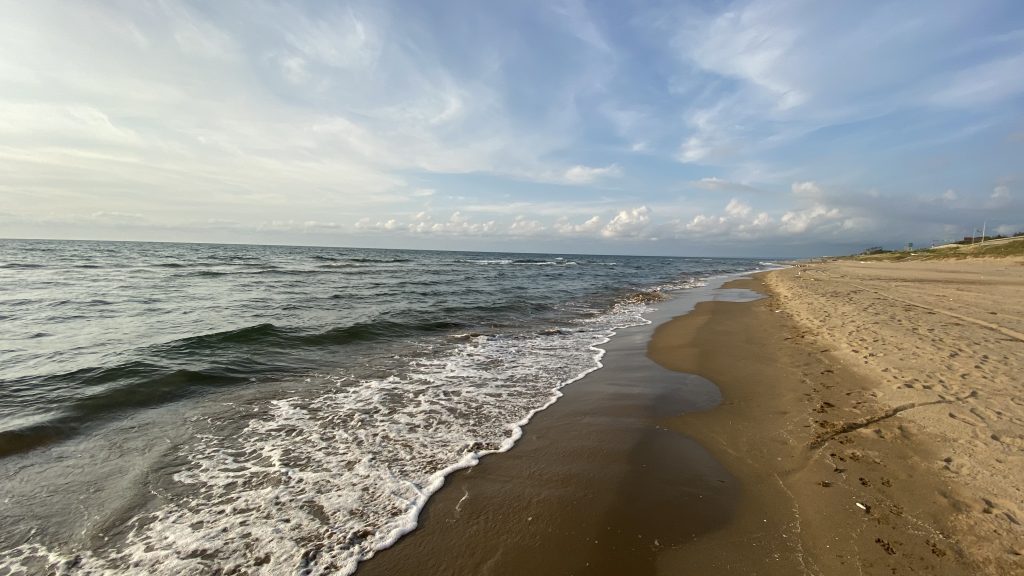
- ARAB NEWS
- 21 May 2024

TOKYO: North Korea’s launching of four missiles this week has analysts wondering what the North hopes to gain from the provocation. The North launched two cruise-type missiles earlier in the week, which were then followed by two ballistic missiles on Wednesday.
Japanese Defense Ministry officials say the ballistic missiles fired from North Korea are believed to have fallen into the Sea of Japan but not inside Japan’s exclusive economic zone.
North Korea fired two short-range ballistic missiles into the East Sea on Wednesday, South Korea’s Joint Chiefs of Staff (JCS) said, gradually ratcheting up tensions just days after successfully test-firing a newly developed long-range cruise missile.
Yu Koizumi, a military analyst and a special assistant professor at the University of Tokyo’s Center for Advanced Science and Technology said in a TV Program that “the North’s announcement says [the missile] hit a target 1,500 kilometers away, but if it is true, it is too long to use as a missile to attack South Korea. For South Korea, 500 to 800 kilometers is enough, so its goal is something other than the Korean Peninsula, which leaves just Russia, China and Japan are left.”
Koizumi said the main target was more likely to be Japan and more specifically U.S. bases in Japan, but it was unclear just how advanced the missiles are.
“It takes technology to build a small engine with a large output, so I don’t think North Korea is making everything from scratch. I think it’s going to be a new threat,” Koizumi said.
North Korea is banned from developing ballistic missiles, while cruise missiles are not subject to sanctions. The U.S. military said the launches show the destabilizing impact of the North’s illicit weapons program.
“We are aware of the missile launch and are consulting closely with our allies and partners,” the U.S. Indo-Pacific Command said in a statement.
“While we have assessed that this event does not pose an immediate threat to U.S. personnel or territory, or to our allies, the missile launch highlights the destabilizing impact of the DPRK’s illicit weapons program.”
In a separate statement, the U.S. Forces Korea (USFK) said, “This activity highlights DPRK’s continuing focus on developing its military program and the threat it poses to Northeast Asia and the international community.”
The North’s last ballistic missile test took place on March 25, when it fired two short-range missiles into the East Sea, believed to be an upgraded version of its KN-23 Iskander missile.
Pyongyang has heightened military tensions in recent weeks. Last month, it warned of a “major security crisis” in protest against the combined summertime military exercise between South Korea and the U.S. The North has also shown signs of restarting a plutonium-producing nuclear reactor at its mainstay Yongbyon complex.
The latest firing came as Chinese Foreign Minister Wang Yi was in South Korea for talks with his South Korean counterpart, Chung Eui-yong. After the talks, Wang told reporters early Wednesday the North’s cruise missile launches are military activities that other countries are also engaging in and stressed joint efforts toward the resumption of dialogue involving North Korea.
South Korea succeeded in testing its submarine-launched ballistic missile underwater on Wednesday, becoming the seventh country in the world to possess such weaponry, the country’s presidential office said. On the same day, North Korea fired two short-range ballistic missiles into waters off the east coast of the peninsula.
Japanese Prime Minister Yoshihide Suga strongly condemned North Korea’s actions as a violation of U.N. Security Council resolutions, telling reporters in Tokyo that it “threatened the peace and security of Japan and the region.”